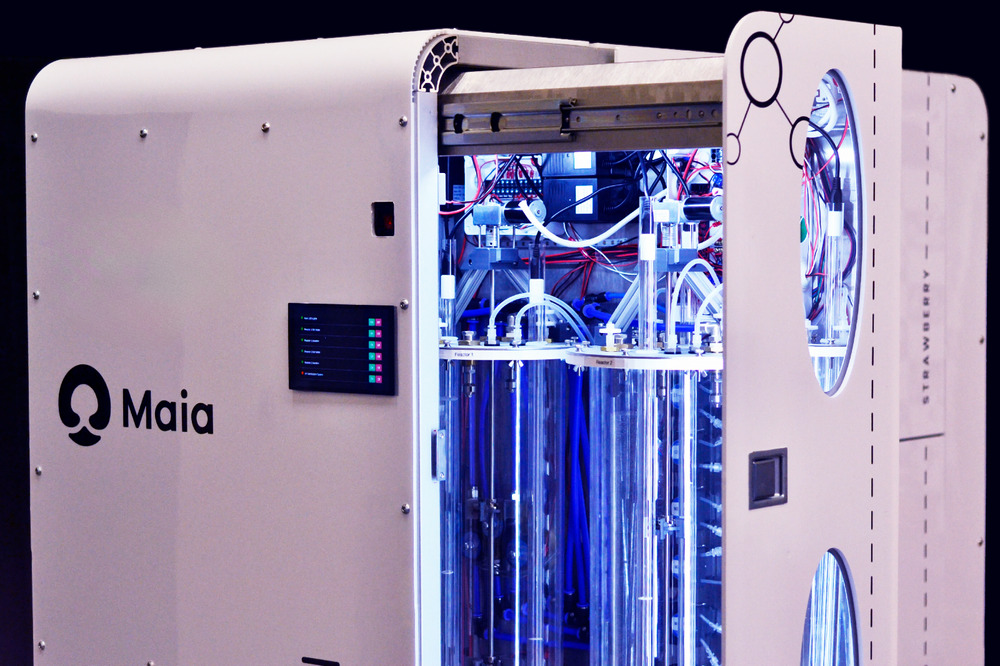Maia Farms—which bagged the Canadian grand prize in the Deep Space Food Challenge with partner Ecoation last month—has raised CAD2.3 million ($1.7 million) in pre-seed financing from a mixture of private capital and grant funding to fuel its fungi-based biomass fermentation operation.
The round was led by Joyful Ventures, PIC Group, and Koan Capital and supported by angel investors within the Creative Destruction Lab. Separately, Maia Farms also secured grant funding from the Canadian Food Innovation Network, the National Research Council of Canada, MITACS, and the Canadian Space Agency.
The funding will help Vancouver-based Maia Farms scale up its production platform, which could have the edge over other players in the rapidly expanding mycoprotein space, as it can deliver “significantly higher yields,” claimed cofounder and CEO Gavin Schneider.
Rather than using Fusarium mold-type strains (such as those deployed by Quorn and ENOUGH Foods), Aspergillus oryzae (grown by Nosh Bio) or Neurospora strains (used by Meati Foods and Better Meat Co), Maia Farms is growing mycelium from an edible mushroom variety, the fruiting body of which has been widely consumed for centuries, easing the regulatory process, Schneider told AgFunderNews.
“I can’t say what we’re using yet, but I can confidently say it’s yielding significantly higher than mold species are able to obtain in a similar bioreactor system. Plus we’re also able to use agricultural byproducts rather than basic sugar as our feedstocks.”
The ingredient has a neutral taste, 66% protein content and a meaningful amount of fiber, iron, and calcium, claimed Schneider.
“This is a versatile ingredient that can be used in everything from meat alternatives to snacks, baked goods and children’s health and nutrition. What we’re making right now is a blended product [CanPro] combining mycelium [made by a CMO using solid-state biomass fermentation with starting material from Maia Farms’ lab] and plant-based protein because we don’t have the volumes, but by 2025 we’ll have the volumes to sell [mycelium] as a pure product.”
“Joyful is proud to co-lead our investment in Maya Farms. We were drawn to the team’s innovation and scrappiness in product development, and were particularly impressed by their ability to produce diverse strains, which enhances the product’s versatility and future potential in the agricultural sector. As a global leader in plant-based proteins, Canada is poised to be a leader in the mycelium space, and we are excited to be part of this journey.” Jennifer Stojkovic, general partner and cofounder, Joyful Ventures
Manufacturing setup
Maia Farms is currently in the pilot phase with two CDMO (contract development manufacturing organization) facilities testing a liquid fermentation process for growing its mycelium, which is being tested with a selective group of food manufacturers, said Schneider, who has filed two patents on the process to date.
He added: “For this industry to really take off, we have to be able to achieve the highest yields that will justify capital-intensive infrastructure.”





